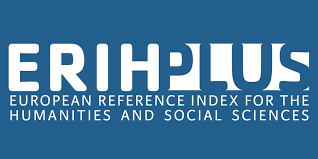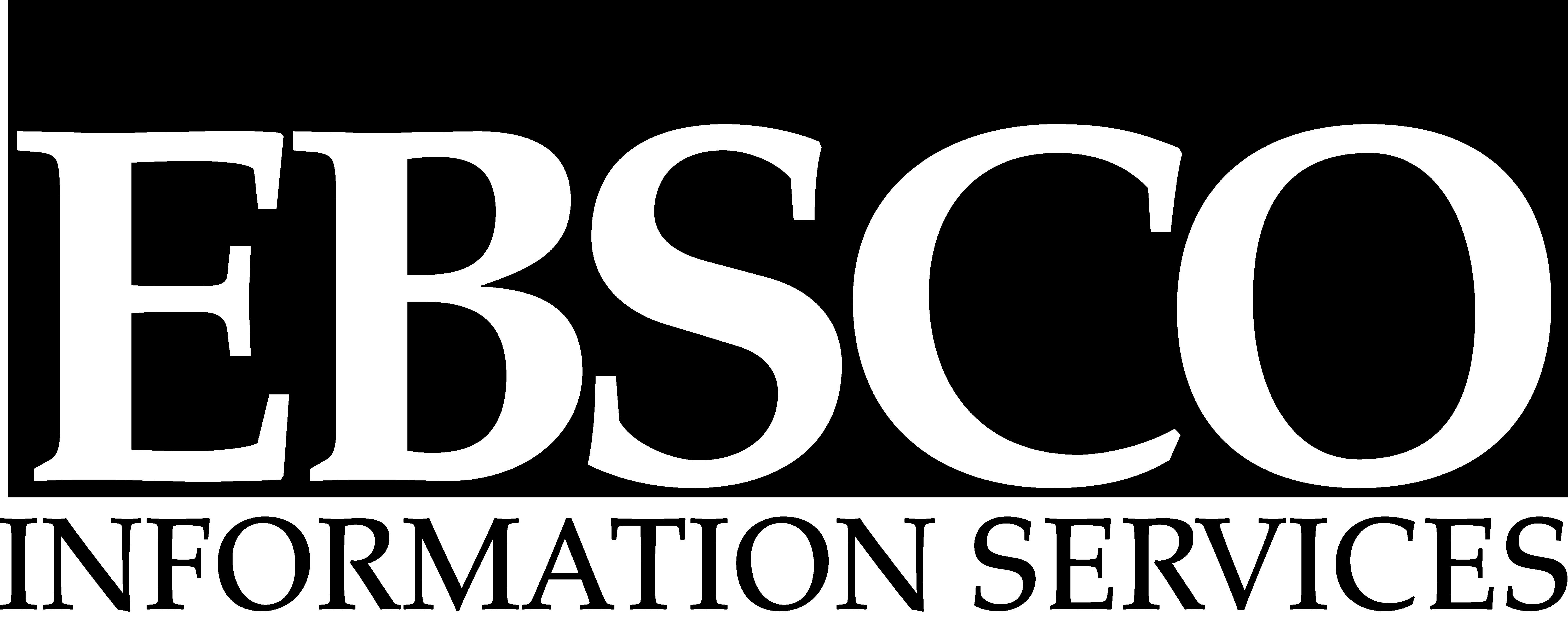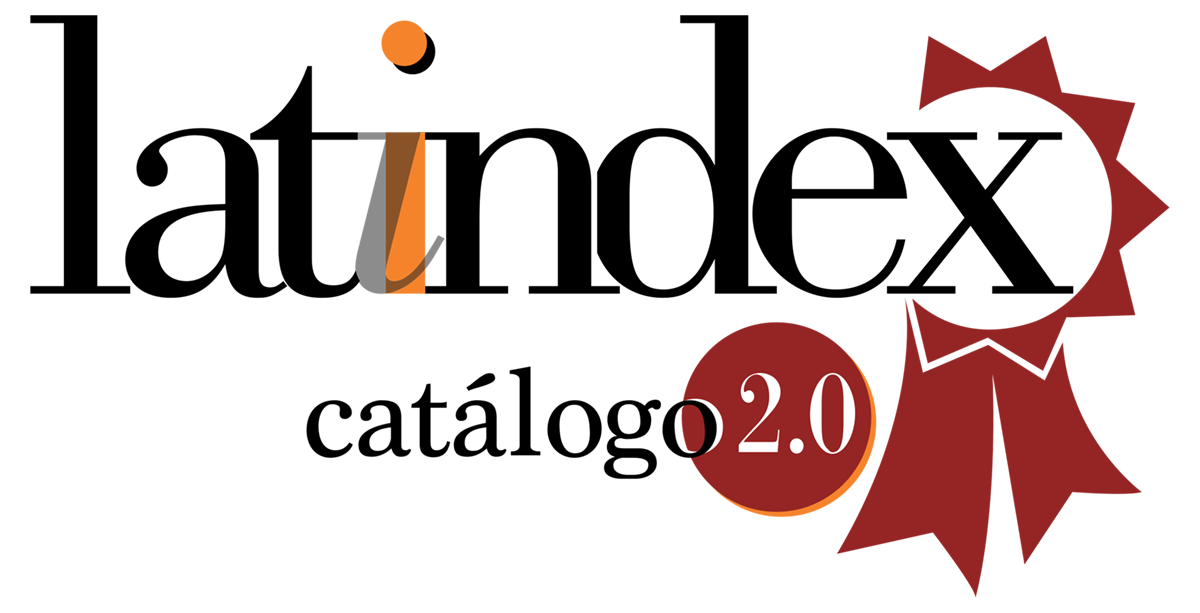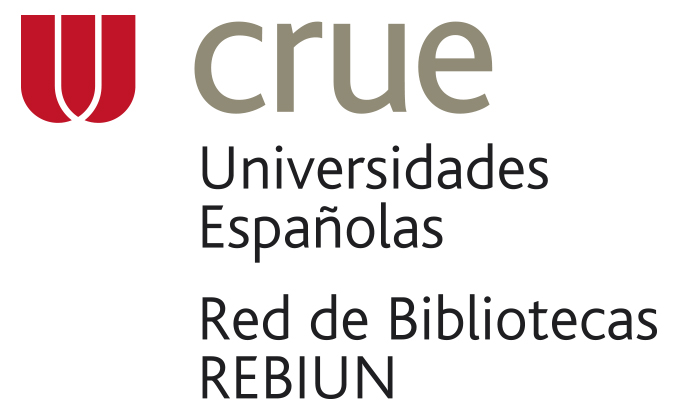WHEN DOES HUMAN LIFE BEGIN IN THE ARTIFICIAL PROCEDURES OF ITS GENERATION? AN ANSWER TO THE ARTICLE: “URGENCY OF BIOETHICS BEFORE BIOTECHNOLOGY: HOW DO WE IDENTIFY THE UNICELLULAR HUMAN BEING?
DOI:
https://doi.org/10.21703/2735-634520121421956Keywords:
Bioethics, beginning of life, human lifeAbstract
This paper presents strong arguments toward proving that in clonation by the tech-nique of Somatic Cell Nuclear Transfer, life begins when the enucleated oocyte fuses with the differentiated cell nucleus. It offers a cogent response to the arguments by which Carrasco and Ventura-Juncá defend that life begins later, when the cell nucleus’ de-differentiation process ends. It draws bioethical consequences from the previous discussion. In particular, it demonstrates that it is always immoral to use any tech-nique which entails the possibility of producing a human totipotential cell. It makes some relevant observations concerning which techniques entail such possibility, spe-cifically, the technique of Reprogramming the Enucleated Egg and Yamanaka’s and Takahashi’s cells.
Downloads
Downloads
Published
Issue
Section
License

This work is licensed under a Creative Commons Attribution-NonCommercial 4.0 International License.
The Anales de Teología is an open access journal and does not charge for publication. In addition, it regulates its Copyright and access policy according to the Creative Commons Attribution-NonCommercial 4.0 International Public License (CC BY-NC 4.0), therefore sharing (reproducing and distributing the material in any medium or format) and adaptation (modifying, transforming, and creating from the material) is allowed as long as proper credit is given and the citation is included with the corresponding data. Moreover, it is not allowed to use the material for commercial purposes.




















